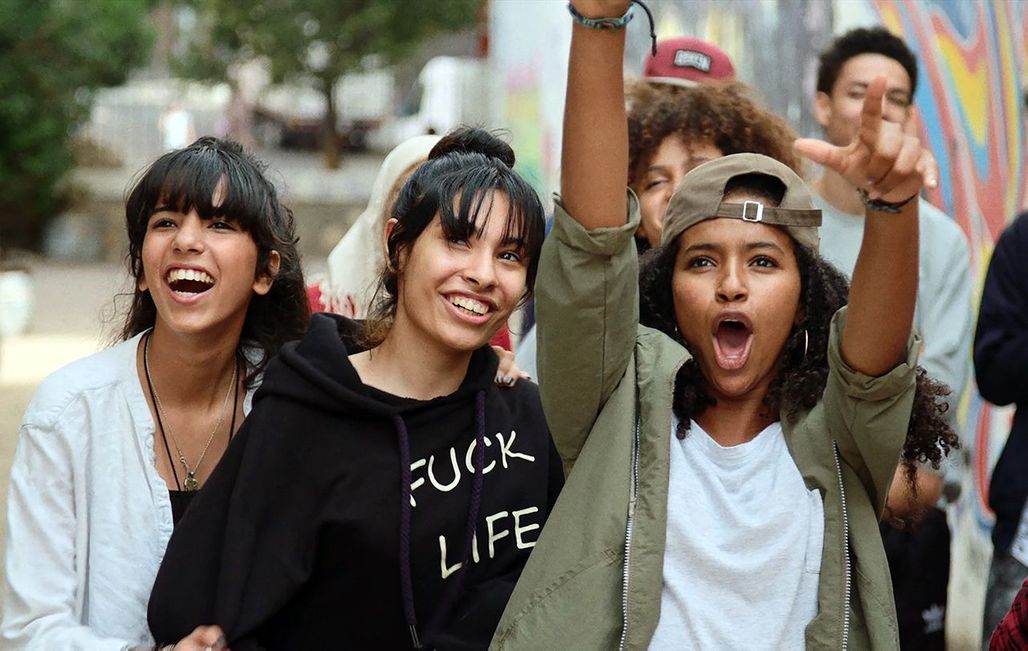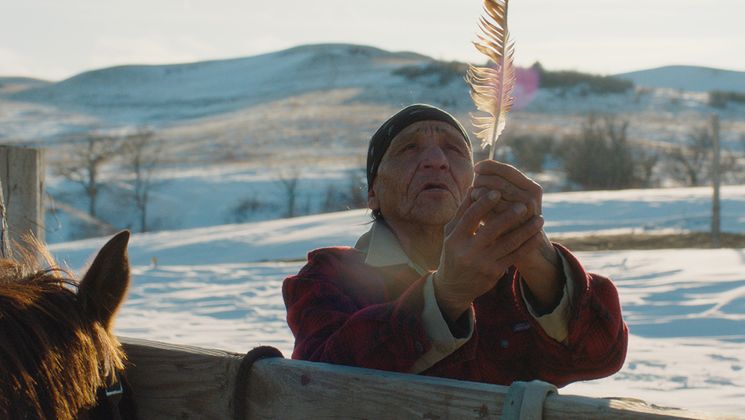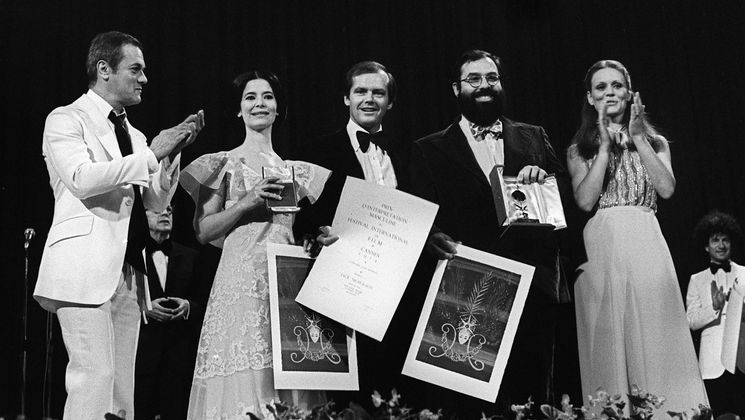
Haut et Fort (Casablanca Beats), musical portrait of the socially engaged youth of Morocco

Nine years after presenting God's Horses (Les Chevaux de Dieu) in Un Certain Regard, Moroccan director Nabil Ayouch enters the Competition with Haut et Fort (Casablanca beats), a film that sets to music a modern and political Moroccan youth, eager to free itself from the country's traditions.
With Haut et Fort (Casablanca Beats), Nabil Ayouch penetrates the heart of the city’s cultural centres, to give a voice to young people and pay homage to these creative places that gave him so much during his adolescence. The filmmaker follows the journey of Anas, a former rapper, who joined the Sidi Moumen cultural centre – the first created by the director's foundation, in the suburbs of Casablanca. Encouraged by their new teacher, the young people try to free themselves from the weight of certain traditions in order to live their passion and discover themselves, in a society where there are threats against freedom of expression.
Supported by a naturalistic, sometimes improvised mise-en-scene, Haut et Fort (Casablanca Beats), blurs the line between fiction and documentary to bring us the voices of a youth whose dreams, doubts and political commitment are expressed through a committed rap. A musical genre that also marked the filmmaker's childhood, and whose powerful words allow "access to the intimacy of the characters, to get closer to them and understand them better", in his words.
“I wanted the musical to be at the heart of reality and reality to be at the heart of the music.”
Surrounded by non-professional actors, Nabil Ayouch signs a film with an autobiographical air, both joyful and political, social and musical, to deliver a snapshot of his country of origin. A successful gamble that has earned him the distinction of being the first Moroccan filmmaker to be nominated for the Palme d'or.


